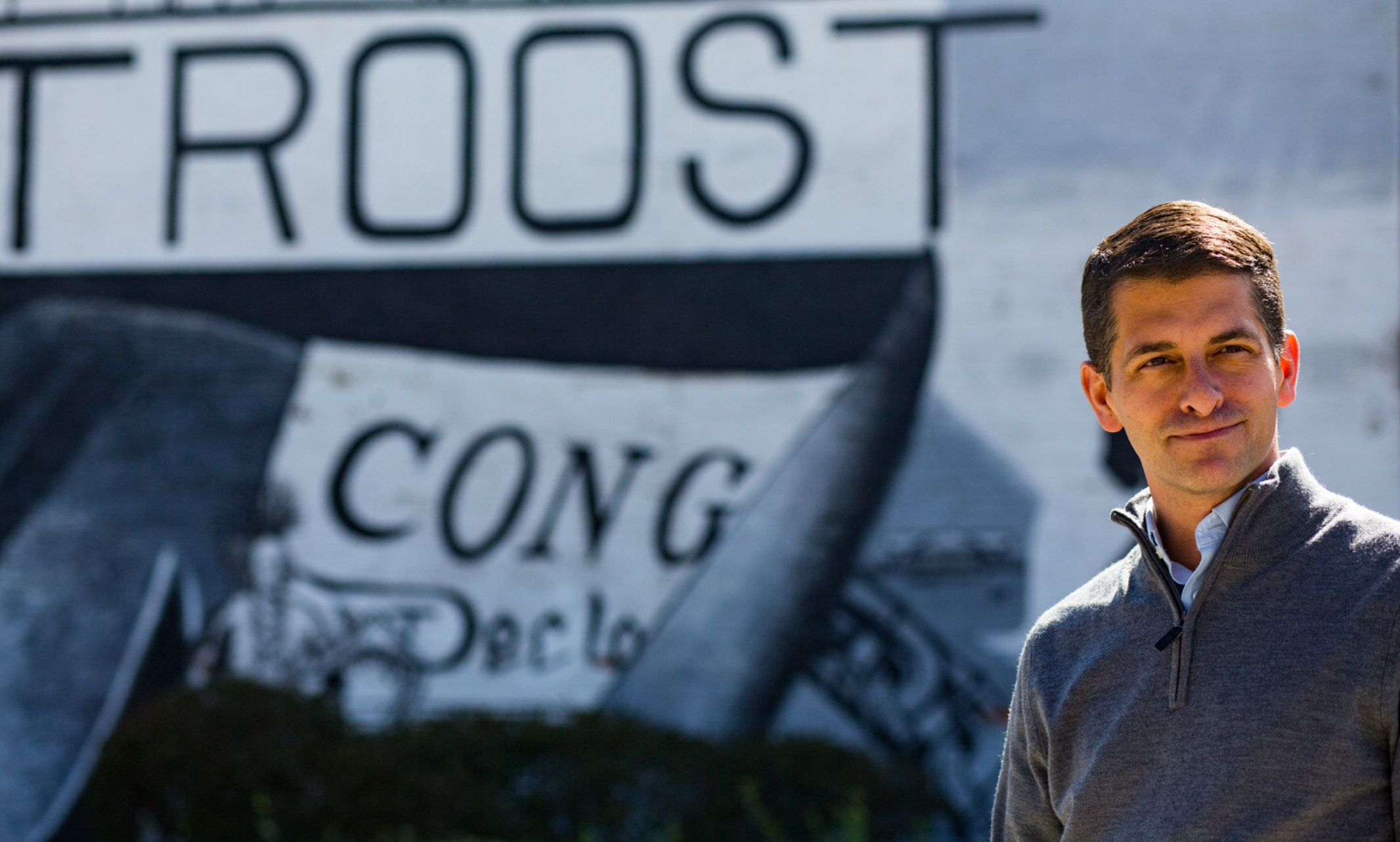Data scientist is the “sexiest job of the 21st century,” and now the University of Missouri-Kansas City is boosting that excitement and appeal for people in Greater Kansas City. Introducing the UMKC Institute for Data Education, Analytics and Science (IDEAS).
“Shortly after I arrived in Kansas City, I realized UMKC had enormous capabilities and opportunities in data science,” said Chancellor Mauli Agrawal, who created the institute. “There are exciting possibilities here for us, and for potential science and technology partner organizations throughout our community.”
The vision of the institute is positioning UMKC as the top option for data science training in the region, building on the university’s strengths in biomedical informatics, big data analytics, image analysis, digital humanities and geospatial analysis.
The coordinator of the new institute is Brent Never, associate professor at the Henry W. Bloch School of Management. There are no other specific faculty members attached to IDEAS. It is a space for all, with a focus on fostering connections to generate new ideas — pun intended — and move quickly on promising opportunities.
Never is a public-policy expert who uses city data to analyze abandoned housing, and was interviewed about his work by Lester Holt on NBC Nightly News.
“Scholars looking at real estate are often looking at how to finance new development, but I think about how we can empower communities to tackle distressed housing and vacant lots,” said Never, who last year with research partner and Bloch colleague, Jim DeLisle, won the national Alteryx Excellence Award.
Focus areas for UMKC IDEAS:
1. Workforce development
The institute will have vibrant educational opportunities for UMKC students and area professionals, positioning UMKC as the premiere source for data science in the region. This will mean evening and weekend opportunities, for both technicians as well as executive education. Pilot workshops have been held with more on the way. For UMKC students, it means they can earn data-science bonafides no matter their major.
“A philosophy major could apply her knowledge of ethics to the real concerns around privacy. A music composition student could use patterning in music to understanding trends in data,” Never said. “All students enrich our learning.”
2. Accelerating research
UMKC features strong research areas across the board. Examples include the Center for Health Insights at the School of Medicine, the Center for Big Learning at the School of Computing and Engineering and the Center for Economic Information at the College of Arts and Sciences.
“The goal is to foster more collaboration and get more faculty in the mix,” Never said. This will help spur more grant and contract development. “Data science is inherently complex and needs a full range of participation from all disciplines.”
3. Industry partnerships
IDEAS will be professional problem solvers for regional businesses for companies such as H & R Block, Cerner and engineering firms. “We’re partnering with industry and government to help provide new insight, something they might not be able to do in house.”
Grant Opportunity
An exciting opportunity is the Collaborative Data Science Grant Program, which helps UMKC faculty and research staff get their data science ideas off the ground. The funds, up to $25,000, can be used to conduct pilot projects, skill up in new techniques, or develop collaborative relationships with data scientists around the country. The deadline for submission is December 16, and submission materials can be found here.
For more information, contact Never at neverb@umkc.edu.

